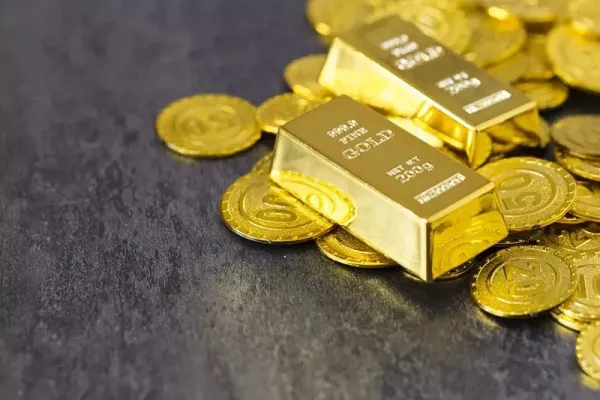Gold, often referred to as the “king of metals,” has captivated humanity for centuries. Its timeless appeal, stability, and ability to act as a hedge against economic uncertainty make it a sought-after investment. For many investors, the primary question is, “Can I buy gold at spot price?” In this article, we will explore the concept of the spot price, how it relates to gold, and the various methods by which you can purchase gold at or near the spot price.
Understanding the Spot Price
The spot price of gold is the current market price at which gold is bought and sold for immediate delivery or settlement, usually within two business days. It serves as the reference point for pricing gold across various financial markets and trading platforms worldwide. The spot price is influenced by a multitude of factors, including supply and demand dynamics, economic indicators, geopolitical events, and currency fluctuations.
The Importance of the Spot Price
The spot price is a crucial metric for anyone considering buying gold, whether for investment or other purposes. This price is the foundation upon which all gold transactions are built. Gold dealers and market participants use the spot price as a starting point for setting their buy and sell prices, taking into account additional factors like fabrication and distribution costs, making it an essential factor in determining the overall cost of acquiring gold.
Ways to Buy Gold at Spot Price or Close to It
Online Bullion Dealers:
Online bullion dealers are a convenient and accessible option for purchasing gold close to the spot price. These dealers often offer a wide range of gold products, including bars, coins, and rounds, which are available for immediate purchase. While online prices are usually competitive, keep in mind that additional fees, such as shipping and handling, may apply.
Local Coin Shops:
Local coin shops, also known as coin dealers, can be a good source for purchasing gold close to the spot price. These establishments often have a selection of bullion coins and bars in stock. However, prices may vary depending on location, dealer reputation, and current demand.
Gold ETFs:
Gold Exchange-Traded Funds (ETFs) provide a convenient way to invest in gold without owning physical metal. ETFs are designed to track the spot price of gold and are traded on stock exchanges. By investing in a gold ETF, you can gain exposure to the price movements of gold without the need to store or transport physical gold. Keep in mind that ETFs may have management fees and other costs associated with them.
Gold Futures Contracts:
Gold futures contracts allow investors to speculate on the future price of gold. These contracts are traded on commodity exchanges and derive their value from the spot price of gold. However, trading futures involves a higher level of risk and may not be suitable for all investors.
Gold Coins from Government Mints:
Government mints produce gold coins, such as the American Gold Eagle and the Canadian Maple Leaf, which often sell close to the spot price. These coins are highly recognizable and have a well-established reputation for quality and purity.
Gold Bars from Refineries:
Gold bars produced by reputable refineries can be purchased close to the spot price. The larger the bar, the closer the purchase price is likely to be to the spot price. However, be aware that selling smaller bars may result in a price slightly below the spot rate.
Gold Scrap:
Sometimes, individuals can purchase gold jewelry or scrap gold at prices close to the spot rate, particularly during times of economic uncertainty. However, this method may involve additional costs, such as refining or melting fees.
Factors Affecting the Premium Over Spot Price
When buying physical gold close to the spot price, it’s important to be aware of the factors that can influence the premium you pay. These factors include:
Product Type: Different gold products may have varying premiums over the spot price. For instance, coins and small bars may have higher premiums compared to larger bars.
Market Conditions: The demand and supply of physical gold in the market can impact the premium. During periods of high demand or economic instability, premiums may increase.
Dealer Margins: Dealers need to cover their costs and make a profit, which can lead to varying premiums among different dealers. It’s advisable to compare prices from multiple dealers.
Condition and Authenticity: The condition and authenticity of the gold product can affect its premium. New, sealed products from reputable sources often command lower premiums.
Location: The geographic location of your purchase can influence the premium due to regional market conditions and local dealer competition.
Conclusion
Buying gold at or near the spot price is an attainable goal for investors and individuals alike. The options available, from online bullion dealers to government minted coins, offer a range of choices to meet diverse preferences and requirements. To make an informed decision, consider the product type, market conditions, and dealer reputation when aiming to secure gold at a competitive price.
Remember that the spot price serves as a reference point and may not include all the costs associated with your gold investment. Be mindful of additional expenses, such as shipping, storage, or taxes, which can impact your overall investment cost. As with any investment, it’s essential to conduct thorough research, consult with trusted professionals, and stay informed about market trends before making your gold purchase.


